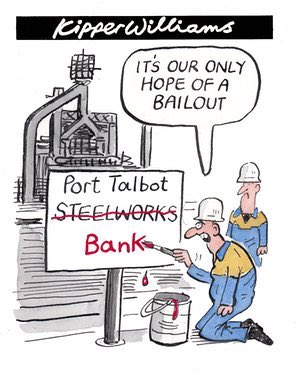Explain the main ways in which countries can protect their domestic industries from foreign competition.
Countries can employ several measures to protect their domestic industries from foreign competition. The main ways in which such protection can be achieved include:
Tariffs: Tariffs are taxes imposed on imported goods, making them more expensive compared to domestically produced goods. By levying tariffs, countries can increase the price of imported products, making them less competitive and protecting domestic industries. Tariffs can be specific (a fixed amount per unit) or ad valorem (a percentage of the product's value).
Import Quotas: Import quotas place a limit on the quantity of a particular product that can be imported into a country. By restricting the quantity of imports, domestic industries are shielded from foreign competition, ensuring that they have a larger share of the domestic market. Import quotas are often used to protect sensitive industries or to safeguard national security interests.
Subsidies: Governments can provide financial assistance or subsidies to domestic industries, making their products more competitive in the market. Subsidies can be in the form of direct payments, tax breaks, or low-cost loans, reducing production costs and enabling domestic industries to offer lower prices or invest in research and development.
Regulatory Barriers: Governments can impose regulations, standards, or licensing requirements that foreign producers must meet to enter the domestic market. These regulations may create additional costs and barriers for foreign competitors, providing an advantage to domestic industries that are already compliant.
Intellectual Property Protection: Strong intellectual property rights and enforcement mechanisms can safeguard domestic industries by preventing unauthorized use or replication of their proprietary technologies, processes, and inventions. This protection encourages innovation and provides a competitive advantage to domestic firms.
Government Procurement Policies: Governments can implement policies that prioritize the purchase of goods and services from domestic suppliers. By giving preference to domestic industries in government procurement contracts, countries can stimulate demand for domestic products and support local businesses.
Exchange Rate Manipulation: Governments may manipulate their exchange rates to gain a competitive advantage. By intentionally devaluing their currency, countries can lower the price of their exports, making them more attractive to foreign buyers and potentially reducing the competitiveness of imports.
It is important to note that while these protectionist measures may offer short-term benefits to domestic industries, they can have negative consequences in the long run. They can distort market forces, hinder international trade, and lead to retaliation from trading partners, potentially escalating trade tensions.
Countries often implement protectionist measures to support infant industries, protect national interests, or promote economic development. However, striking a balance between protection and the benefits of open trade is crucial for long-term economic growth and global cooperation.





